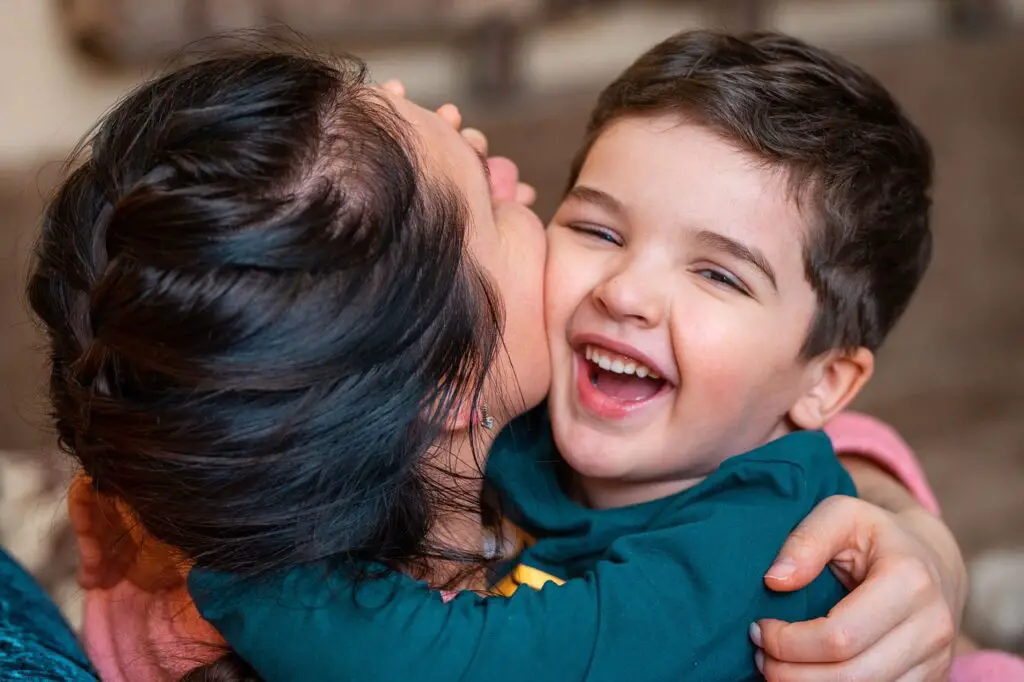Outline
Preface
Parenting types and their impact on lifestyle of children.
- Authoritarian Parenting
2. Authoritative Parenting
3. Permissive Parenting
4. Uninvolved Parenting
Article
- Preface
Hello! Here is my new article with a new insight. One thing that everybody among us needs to understand is that you are not only responsible for shaping your own life, but you are also responsible for shaping the lives of those who are dependent on you, like your children. Therefore, your behavior and character in front of your child should be exemplary and near perfect; this is because a good and responsible parent can also make his child a good and responsible human being.
Imagine, when we become parents, we become the designer of a product, which is much more advanced than any form of technology and is more interesting than any piece of art. Because the product is your child, the ultimate labor of love and such a precious product. Your child definitely needs your attention, love, and positive attitude in order to grow up and learn positivity in life.
Therefore, in my point of view, the most loved and yet most complicated relationship in this world is that between a parent and a child. A child is completely dependent upon his or her parent, and the way his or her parents behave around him is going to shape his life.
- Parenting types and their impact on lifestyle of children.
Parenting styles vary so tremendously in the world because of the variability in culture-a way of social norms, values, and language that is transmitted and shared by cultural groups. The effects of these styles upon child development are profound, well into children’s self-regulation, social behavior, and general well-being.

There is no way that you are not going to be affected by the culture of the place where you are living. In fact, apart from influencing the shaping of personality, culture also plays a vital role in impacting parenting styles, since it influences the parents’ attitude toward aspects like attention, compliance, delayed gratification, executive function, and effortful control-features that altogether determine the child’s behavior.
Over the years of my own experience as a parent, and then after inspecting the relationship of many parents and children duos, something came to light — that the particular parenting style of a parent depends on his or her psychological construct.
In this article, I am going to focus on the parenting types that you can find in yourself and other parents of your society. You just need to understand that each type reflects a distinct approach to parenting, with individual parents often exhibiting characteristics from multiple categories and adapting their style to specific situations.
- Authoritarian Parenting
You must have observed some parents around you who set a defined set of rules for their lives and also for their children’s lives.
In regard to the above description, this sort of parenting is known as authoritarian parenting. In this sort of parenting, most of the time, the line of communication happens in one direction and little room for two-way communication is provided. Parents who establish rules for their children rarely explain them, and mistakes are invariably punished. Such parents are not nurturing and highly inflexible, and have high expectations. The children in such an environment are very calm because they are always in a state of fear of consequences. The children will, with ease follow big and elaborated step-by-step instructions to arrive at a particular goal, but they may develop more reactive aggression, shyness, and social ineptness. Such kids have frequent problems with anger control and making decisions because of the absence of emotion coaching. Their self-esteem is usually low, which frustrates proper decision-making, making them have battles with authorities as they grow older.
Now you have seen that parents who try to become lords of lives of their children and suppress their free-will, they usually up-bring emotionally unstable people with communication and decision-making skills. If a person doesn’t know how to communicate, lacks flexibility and can’t decide on his own, then how could he or she shape an ideal lifestyle for themselves.
2. Authoritative Parenting
Authoritative parents forge warm, loving relationships with their children. They have high expectations but also explain why behaviors are unacceptable and use discipline to teach rather than to punish. Frequent, open communication is part of this style, and children are also allowed to and encouraged to participate in establishing goals and expectations. This style tends to result in the healthiest outcomes, but it certainly requires a great deal of time and patience from both the parents and children.
Children raised by authoritative parents are confident and responsible, possess good self-regulation, and handle negative emotions easily; this allows for better social interactions and emotional health. Being independent means learning to achieve goals independently; fostering higher self-esteem and better academic results.
This parenting style will enable children to learn how to live a balanced life because they have witnessed balanced behavior by their parents and now have a role model to follow for selecting an admirable lifestyle.

3. Permissive Parenting
The permissive parent is warm and nurturing yet has few expectations and imposes little rule. Communication is open, but parents tend to let the children work it out for themselves, rarely using discipline. They tend to act more as a friend than an authority figure.
This can result in unhealthy eating habits and thus increase the chances of obesity among them and other related health issues. The children in permissive families have much freedom. They choose when to go to bed, when to do their homework, and how much time they spend in front of the TV. Since there has been no regulation of moderation been taught to such children, they probably become victims of some bad habits. Similarly, although they may possess some self-esteem and social skills, besides being impulsive, demanding, selfish, these children lack in self-regulation.
It is a fact that children in tender age, don’t have proper insight about many things which could be bad for them and when they are set free to decide everything by their own, majority of times, they will make wrong decisions which will shape their lives in worst possible way.
4. Uninvolved Parenting
Parents who are uninvolved are parents who are there physically, yet absent emotionally. Though the uninvolved parents provide the basic needs, it remains that the parent is un-minimal influence on their children’s lives due to little or weak nurturance, guidance, or communication. They set a small amount of or no expectations and do not follow any specific disciplinary style.

The most typical outcome usually is that those kids raised by uninvolved parents become resilient and very self-sufficient. Since they necessarily have to take care of themselves, this leads them to be independent and on the other results in negatively affecting their emotional regulation and poor holding of social relationships. Such kids may lack coping strategies, be unable to maintain or.
You decided to bring children into the world; now, it is your duty to at least be able to differentiate between right and wrong and give your child guidance to shape his life in the best possible way at the right time.
But your uninfluential parents are causing a hell of a mess in the life of your children, and soon, you will come to see that your children are not able to live a healthy lifestyle only because of the fact that you failed to give attention to them. As a parent, you must take a while and think about which kind of parenting style category you fall into. Try to improve your parenting style by harvesting love, care, control, and support in your behavior so that your child may learn all these qualities and live a healthy lifestyle.






